‘Shrinkflation’: The sneaky way groceries are getting more expensive
To the unsuspecting Aussie it could seem like the cost of many popular grocery items has not been rising, but there's more to it than meets the eye.
To the unsuspecting eye it could seem like the cost of many popular grocery items like chips, chocolate bars and peanut butter has not been rising amid the highly-publicised cost of living crisis hitting Australia.
Shoppers looking at the tags of these items will have assumed they are paying the same prices they were several months ago despite rising inflation.
However, an infuriating new report has revealed the size of these products has been reduced despite costing the same or even increase.
Money-saving app Frugl released a list of products affected by the phenomenon known as “shrinkflation”.
It found that some products had decreased in size by up to 20 per cent, without a change in price.
For example, Mars chocolate bars have decreased from 53g to 47g and still cost customers $2, while Arnotts Tina Wafers decreased from 250g to 200g and still cost $3.05.
Want a streaming service dedicated to news? Flash lets you stream 25+ news channels in 1 place. New to Flash? Try 1 month free. Offer ends 31 October, 2022 >
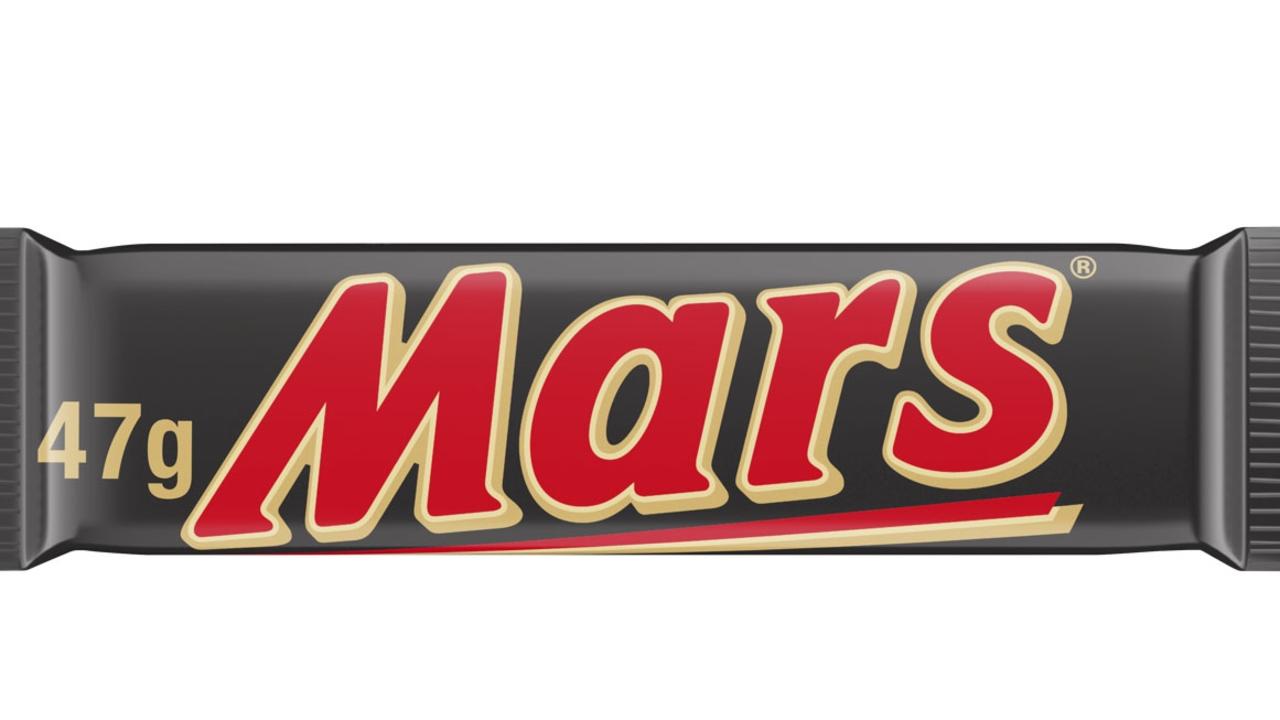
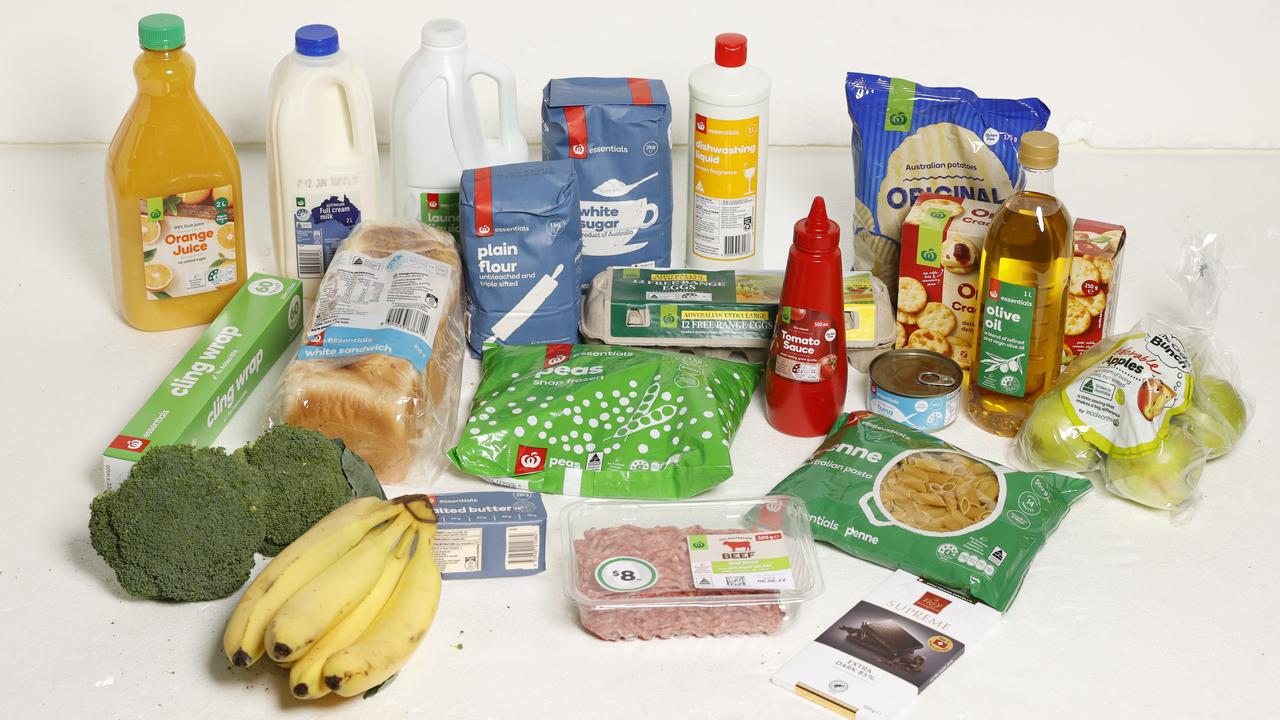
Burger Rings and Twisties have both reduced their serving size from 100g to 90g and still cost shoppers $2.20 instead of $2.
The report revealed other grocery items had been reduced in size by 17 per cent while they actually cost shoppers more.
A tub of Bega Peanut Butter has decreased from 500g to 470g and in June, 2020 raised its price by 20 cents from $5.70 to $5.90.
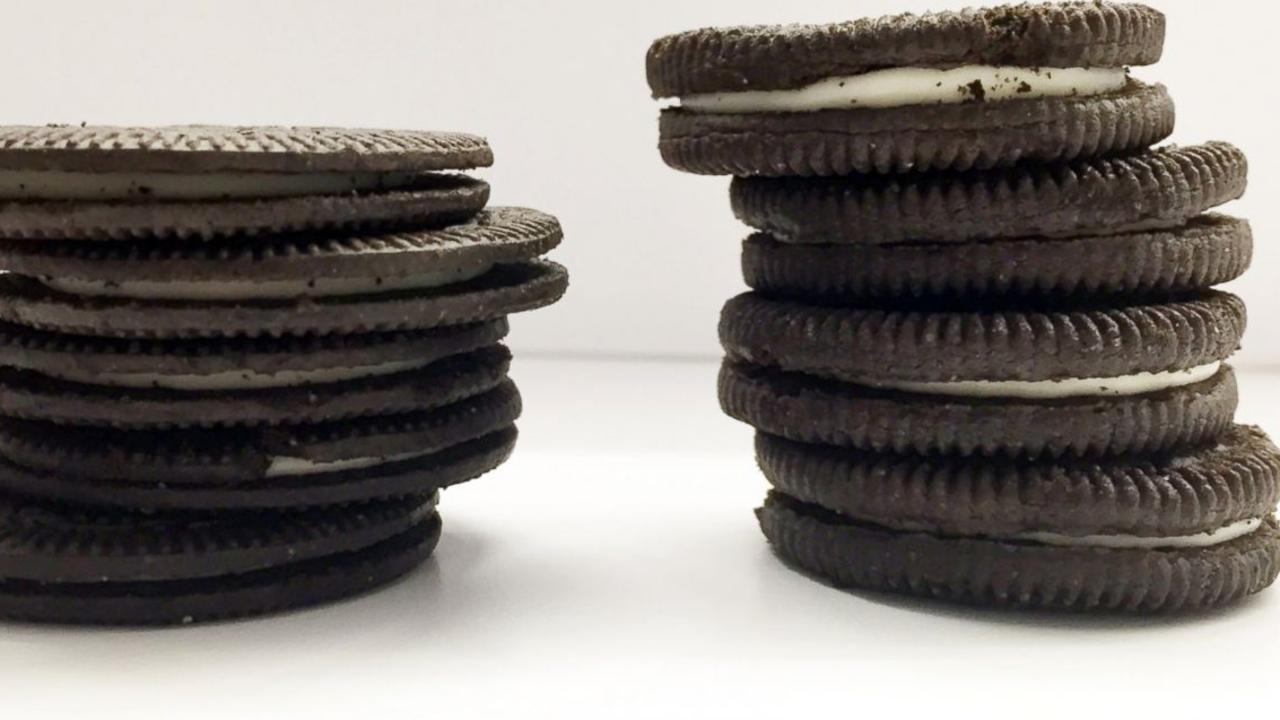
Here is a breakdown of some of the popular products that have been affected by “shrinkflation”:
Mars chocolate bar – 53g to 47g – Cost: $2
Helgas wraps, taditional white - 508 8 pack to 508 8 pack - Cost: $5
Arnotts tina wafers – 250g to 200g – Cost: $3.05
Oreo cookies original – 137g to 133g – Cost: $2
Doritos cheese dip – 300g to 280g – Cost: $2.50
Bega peanut butter – 500g to 470g -Cost: $5.70 to $5.90
Cheetos cheese balls -100g to 90g – Cost: $2 to $2.20
Jumpys chicken chips – 6 pack to 5 pack – Cost: $3.20 to $3.50
Twisties chicken – 100g to 90g – Cost: $2 to $2.20
Burger rings – 100g to 90g – Cost: $2 to $2.20
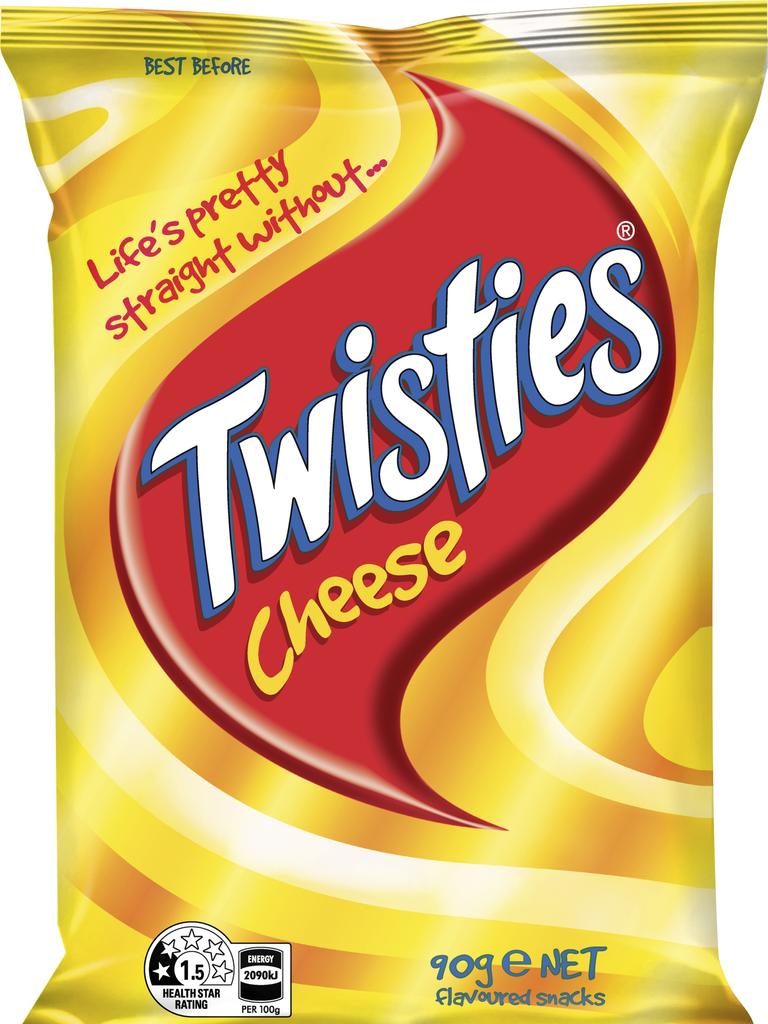
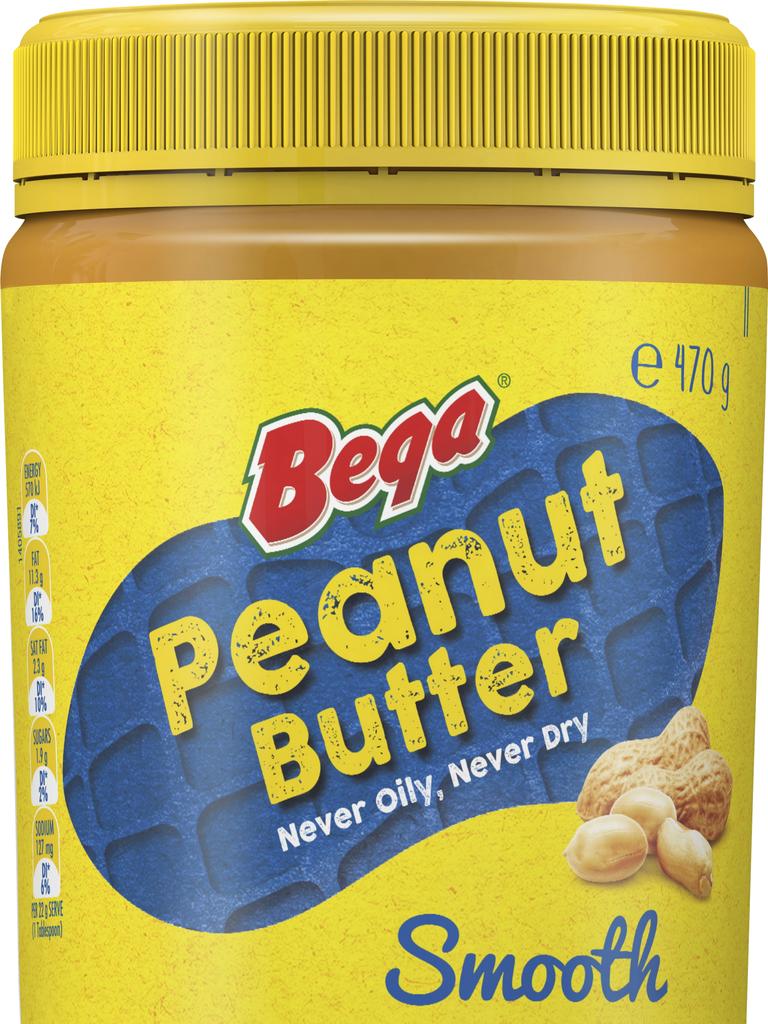
Frugl CEO Sean Smith told the Courier Mailthe chances of these products ever returning to their original size is slim — adding it was more likely that prices would come down in the distant future.
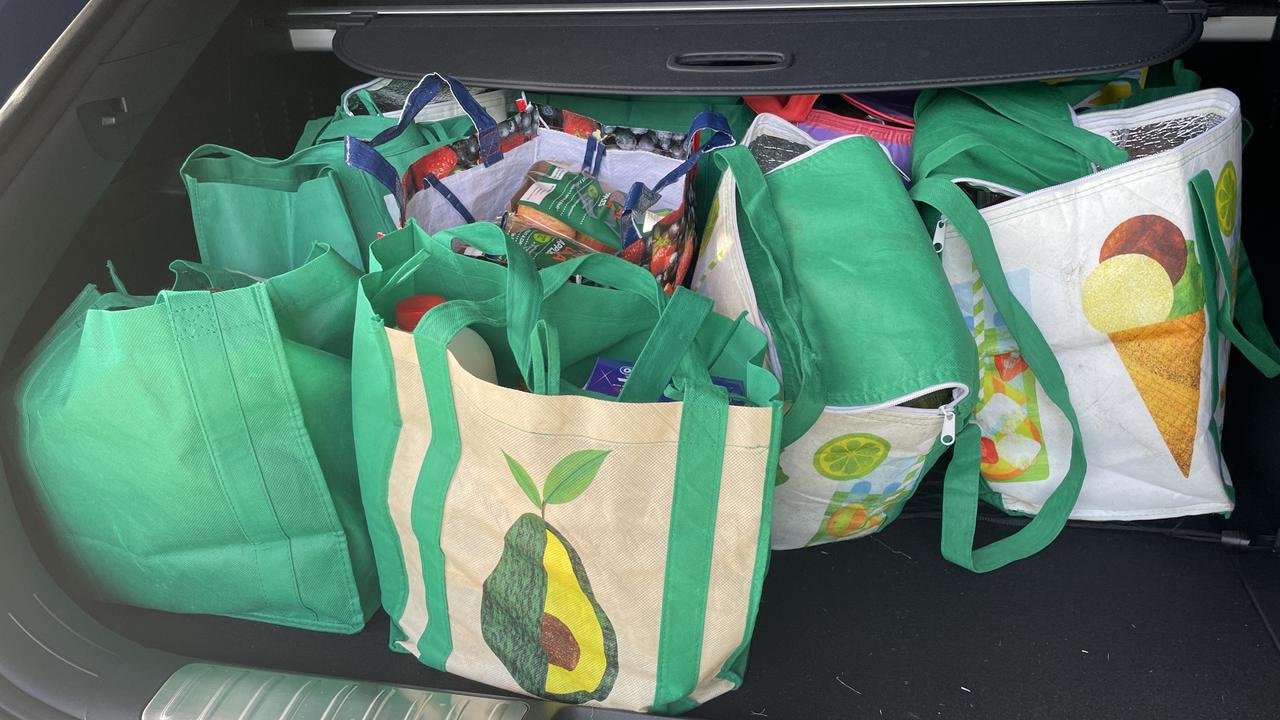
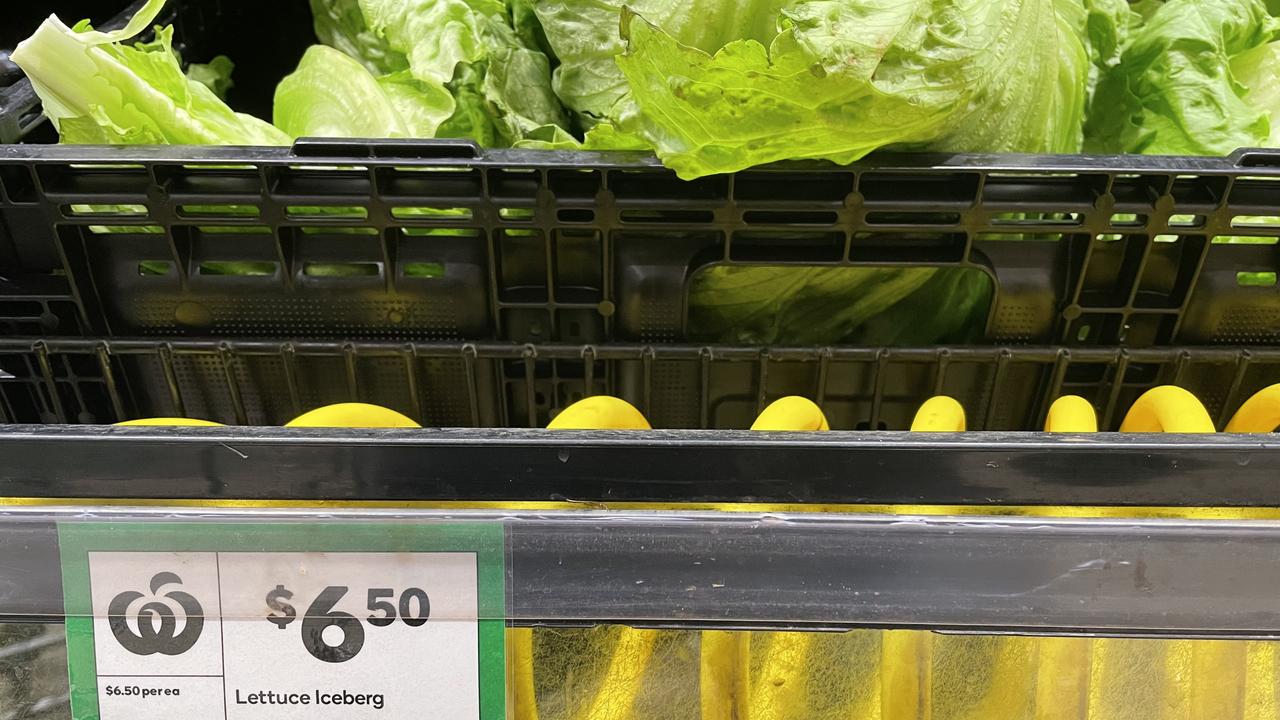
“These pressures aren’t looking to ease anytime soon and if we look over the past 12 months, the bulk price increases have been in the last quarter,” Mr Smith said. “It’s been quite recent because of major events, particularly the war in Ukraine and its impacts on fuel costs.”
Food inflation across the nation began to increase late last year and while it initially affected mostly meat and imported products, it has since grown to impact almost every category.
The price of vegetables has skyrocketed, with some Australian supermarkets charging up to $10 for a lettuce because of the shortage caused by a poor growing season and flooding on the eastern seaboard.
Supermarkets take action on rising costs
As the cost of basic goods and amenities like petrol and fresh produce continue to soar, Coles and Woolies have taken steps to address the crisis.
For the first time, Woolworths has announced it will freeze prices on “meaningful essentials” until the end of 2022.
The freeze will affect products and essential items like flour, sugar, canned tomatoes, frozen peas, chicken tenders, laundry powder and dishwashing liquid.
In an email that will begin circulating among customers on Thursday, Woolworths Group chief Brad Banducci said the average family spent more than $200 on groceries and everyday essentials per week.
“We know this is a significant portion of weekly household budgets,” he said.
“As we all lean into the challenges of inflation, rest assured the whole team at Woolworths is committed to making sure you can always Get your Woolies worth.”
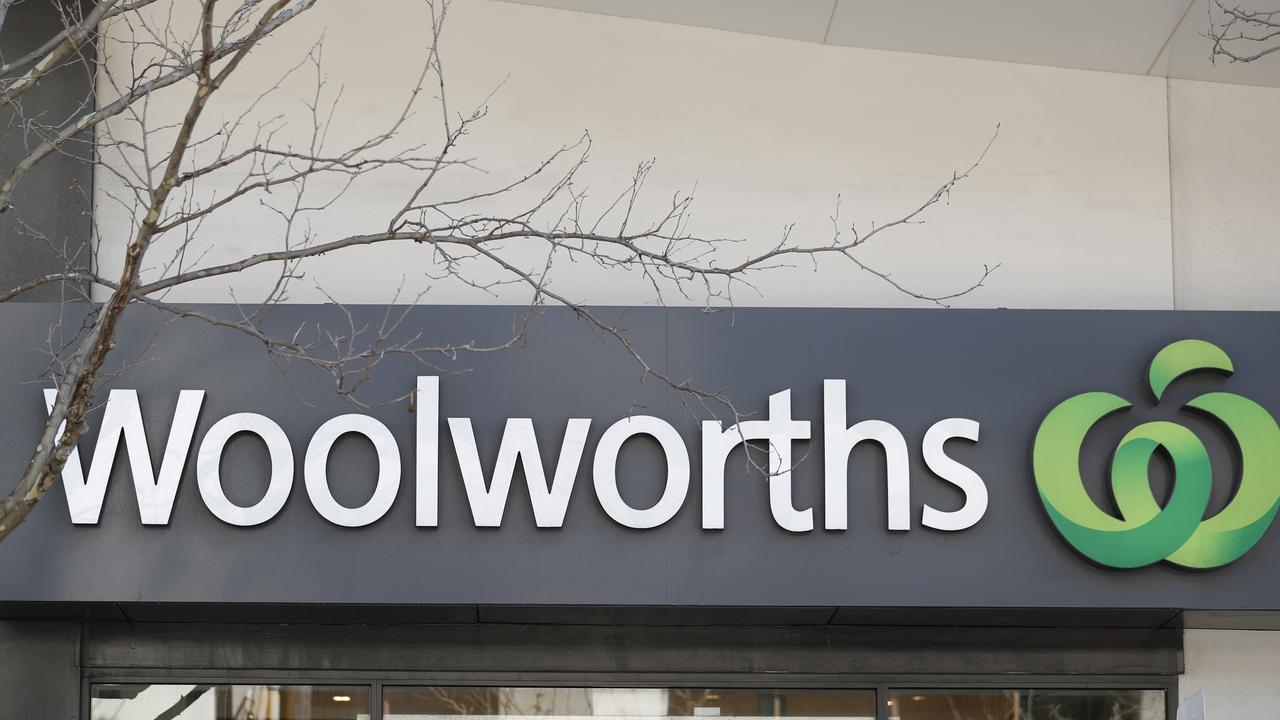
Customers can find the full list of price freeze products here.
The items join an existing 300 “Winter essentials” that have had their price tags dropped.
It comes after Coles announced its own solution to the cost of living crunch this morning, giving customers 10 per cent off select Coles MasterCard gift cards.
From Wednesday for one week only, Coles is offering 10 per cent off the total transaction price for $100 and $250 gift cards, though there is an added purchase fee.
The majority of consumers (58 per cent) use the gift cards on their weekly grocery shop, followed by utilities and service bills.
Coles non-food general manager Jonathan Torr said the offer is about helping Australians deal with the current cost of living crisis.
“We understand many Australians are feeling the pinch with rising cost of living pressures and we’re always looking at ways we can provide the very best value at Coles to help make a difference,” he said.
“The 10 per cent off selected Coles MasterCards will provide some temporary relief on everyday expenses, as the gift cards can be used on anything from the weekly shop to paying the household bills – it can even be used to maximise savings at other retailers during end-of-financial-year sales.”




